Open post-doctoral position for
‘Molecular diversity in planetary atmospheres and small bodies’
Cross-disciplinary project « Origin of Life », Univ. Grenoble Alpes
Description
Offre de post-doctorat (financée IDEX) proposant un travail de développement à l’interface entre astrophysique et chimie analytique par spectrométrie de masse Orbitrap.
Université Grenoble Alpes invites applications for a 2-year postdoc position in laboratory astrochemistry. The position will be hosted at the Institut de Planétologie et d’Astrophysique de Grenoble (IPAG) with a preferred starting date of July 1, 2019. The postdoc will be expected to carry out original research related to the formation and evolution of complex organic matter in the solar system (and beyond) through the characterization at molecular level (Orbitrap mass spectrometry / liquid chromatography) of laboratory analogues (tholins / yellow stuff) and/or extraterrestrial samples (carbonaceous chondrites / micrometeorites).
The objective is to recruit an outstanding candidate motivated in developing a research topic as part of the Université Grenoble Alpes project « Origin of Life ».
The cross-disciplinary project « Origin of Life » (funded by Univ. Grenoble Alpes IDEX, https://origin-life.univ-grenoble-alpes.fr) brings together the expertise of astrophysicists, astrochemists, planetary scientists, prebiotic chemists, biologists, geologists and paleontologists. It aims to understand the chemical processes that have led to life on Earth, to define habitability conditions for both Solar System planets and exoplanets, and to detect the most favorable exoplanets where to search for a putative existence of life in a near future. The partner laboratories and the main science topic of « Origin of Life » are IBS (extremophile science and metallo-prebiotic chemistry); DCM (prebiotic chemistry); GRESEC (media science); PCV (photosynthetic organisms); IPAG (Interstellar medium, star and planet formation, Exoplanets, Solar System); ISTerre (Earth Science, Solar System) and LECA (Evolutionnary sciences, Paleogenetics).
Applicants must hold a Ph.D. with a solid background in laboratory astrophysics and/or analytical chemistry and have strong interest in planetary sciences and/or cosmochemistry and/or astrobiology. Experience in mass spectrometry and/or liquid chromatography and/or scientific programming (Python, C++, IGOR) is an asset. The successful candidate will join the mass spectrometry group of the “planeto” team (∼20 faculties, technicians, postdocs and students) and will closely work with Dr. Véronique Vuitton (PI of the research project) and with other colleagues at IPAG (F.-R. Orthous-Daunay, L. Flandinet). The mass spectrometry group has a solid experience in Titan’s atmospheric chemistry as well as in the evolution of the organic matter present in small bodies (comets, meteorites) and is currently expanding its interests to Pluto and extrasolar planets. It has also significantly contributed to several space missions (e.g. Cassini-Huygens and Rosetta). Before applying, we encourage candidates to contact veronique.vuitton@univ-grenoble-alpes.fr.
Application files should include a research project (2-3 pages), a detailed curriculum vitae with a description of past research, a list of publications and the names of at least two persons who can be contacted for letters of references. Short-listed candidates will be interviewed in May (by video-conference if desired).
Annual gross salary is 28500 euros for a candidate without research experience after PhD. The position is accompanied with a financial support to carry out the research project consisting of up to 10000 euros for basic equipment and travel resources. The postdoc will be employed by the Université Grenoble Alpes that is a major player in higher education and research in France (http://www.univ-grenoble-alpes.fr/en/). The position is located in Grenoble, which is a university town located in a beautiful alpine environment.
See the official offer for this position on the Université Grenoble Alpes website.
Eligibility criteria
Applicants must hold a PhD degree (or be about to earn one) or have a University degree equivalent to a European PhD (8-year duration).
Applicants will have to send an application letter in English and attach:
- Their last diploma
- Their detailed CV
- Their list of publications
- Their research projects
- Letters of recommendation are welcome.
Address to send their application to: veronique.vuitton@univ-grenoble-alpes.fr
APPLICATION DEADLINE: 15 April 2019
Contact:
Véronique Vuitton
Institut de Planétologie et d’Astrophysique de Grenoble
email: veronique.vuitton@univ-grenoble-alpes.fr
office: +33 (0)4 76 63 52 78
mobile: +33 (0)6 29 24 79 61
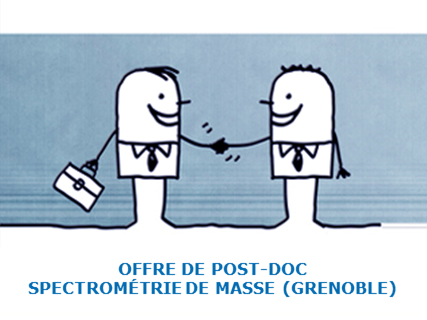

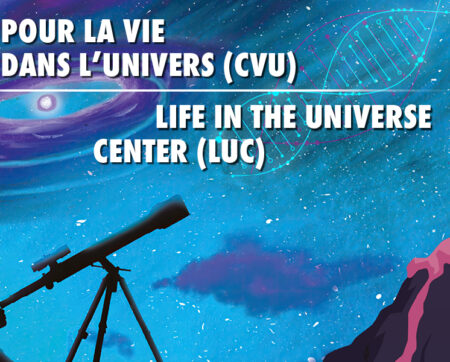
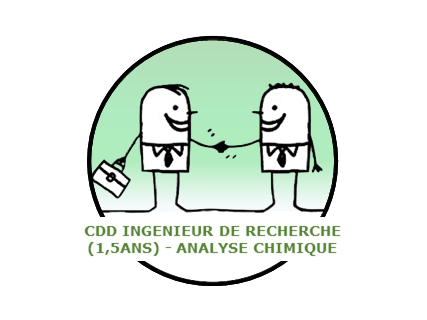
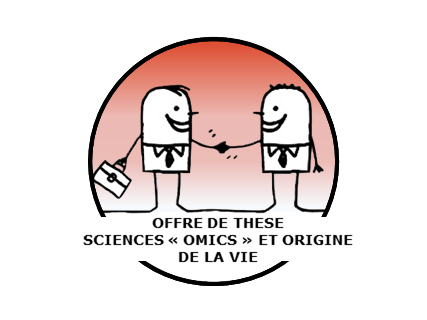
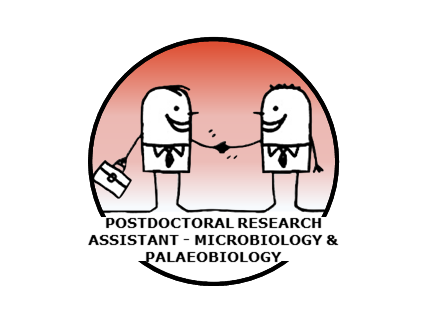
Aucun commentaire sur l'article Offre de post-doc à Grenoble en spectrométrie de masse